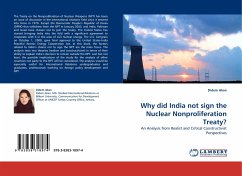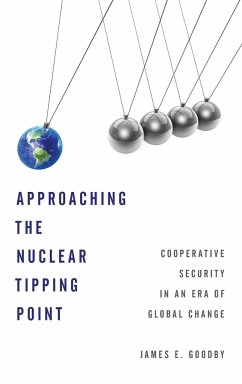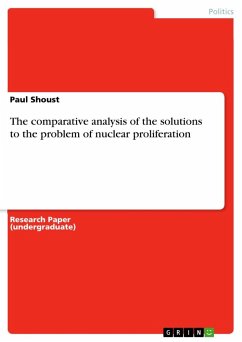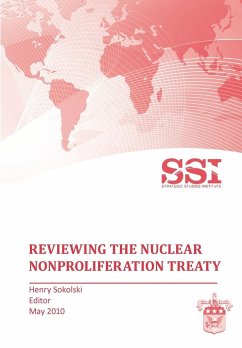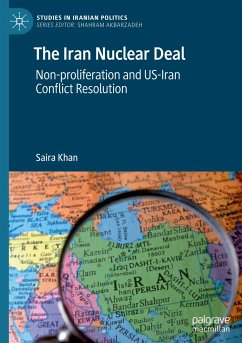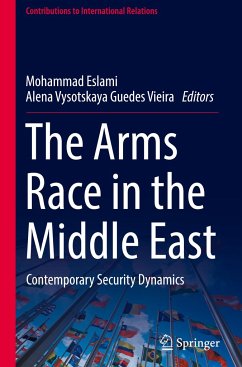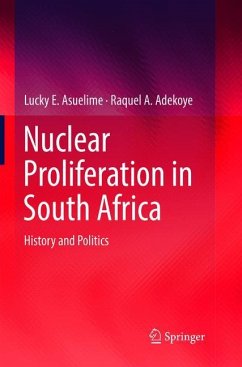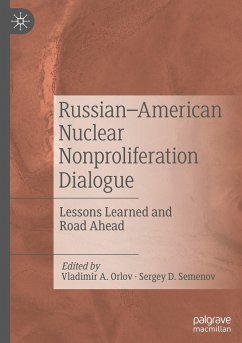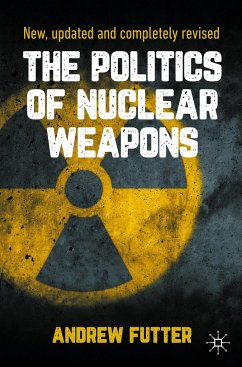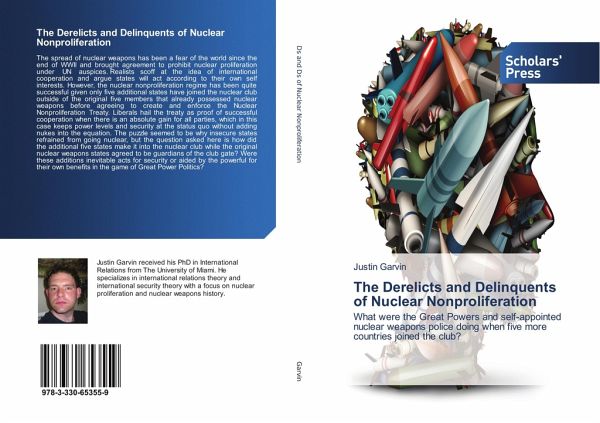
The Derelicts and Delinquents of Nuclear Nonproliferation
What were the Great Powers and self-appointed nuclear weapons police doing when five more countries joined the club?
Versandkostenfrei!
Versandfertig in 6-10 Tagen
50,99 €
inkl. MwSt.

PAYBACK Punkte
25 °P sammeln!
The spread of nuclear weapons has been a fear of the world since the end of WWII and brought agreement to prohibit nuclear proliferation under UN auspices. Realists scoff at the idea of international cooperation and argue states will act according to their own self interests. However, the nuclear nonproliferation regime has been quite successful given only five additional states have joined the nuclear club outside of the original five members that already possessed nuclear weapons before agreeing to create and enforce the Nuclear Nonproliferation Treaty. Liberals hail the treaty as proof of s...
The spread of nuclear weapons has been a fear of the world since the end of WWII and brought agreement to prohibit nuclear proliferation under UN auspices. Realists scoff at the idea of international cooperation and argue states will act according to their own self interests. However, the nuclear nonproliferation regime has been quite successful given only five additional states have joined the nuclear club outside of the original five members that already possessed nuclear weapons before agreeing to create and enforce the Nuclear Nonproliferation Treaty. Liberals hail the treaty as proof of successful cooperation when there is an absolute gain for all parties, which in this case keeps power levels and security at the status quo without adding nukes into the equation. The puzzle seemed to be why insecure states refrained from going nuclear, but the question asked here is how did the additional five states make it into the nuclear club while the original nuclear weapons states agreed to be guardians of the club gate? Were these additions inevitable acts for security or aided by the powerful for their own benefits in the game of Great Power Politics?



